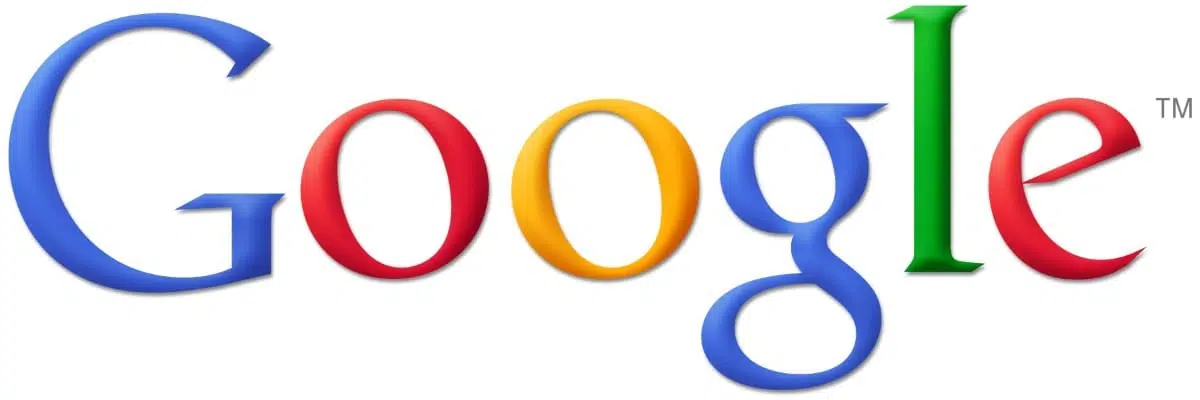
Google Authorship, introduced in 2011, was intended to link content to the people that created it, by using code to create a rich snippet that displayed a byline and photo of the author.
Heavily connected to Google+, this would result in higher search rankings for those authors who had written a larger quantity of more trusted content. However at the end of last week Google removed its Authorship programme, stating it had little impact on where traffic was directed, and that it had not been as useful to users as had been hoped. We look at how that will affect businesses looking to improve their search rankings.
The Google Authorship experiment has been unsuccessful due to two main reasons, not enough webmasters and people producing content used it, and when they did it was of little value to searchers. The low adoption rates can be seen throughout many different industries, including search marketing. In a Forbes study of the 50 most influential search marketers, only 30% used Authorship on their own blogs, suggesting that even experts questioned its value. It was also discouraging that content could be mistakenly attributed, which led to Truman Capote, who had been dead for 28 years, apparently having written an article for the New York Times.
With regards to value for searchers, Google’s Webmaster Trend Analyst John Mueller, on announcing the eradication of Google Authorship, said that it hadn’t increased the traffic received by websites, or reduced the amount of clicks on adverts. Thus by removing it, businesses concerned with their search marketing strategy should not be disheartened. Whilst Authorship will not be used by Google anymore, the code will do no harm remaining in the structure of the website and may even still have some reach as it is possible that other programmes will use it.
Google has noted that it will continue to support structured mark up, hidden within the website’s architecture, to better understand the context and content of the website, and give rich snippets underneath search results. Whilst this will not give a byline or photo of the author, it is the information most useful to searchers, suggesting that Google has learnt from its Authorship experiment. The social aspect of Google+ will remain too, with relevant posts written by friends appearing in the results of queries, however this is the only guise that Authorship will exist in on Google, for now.